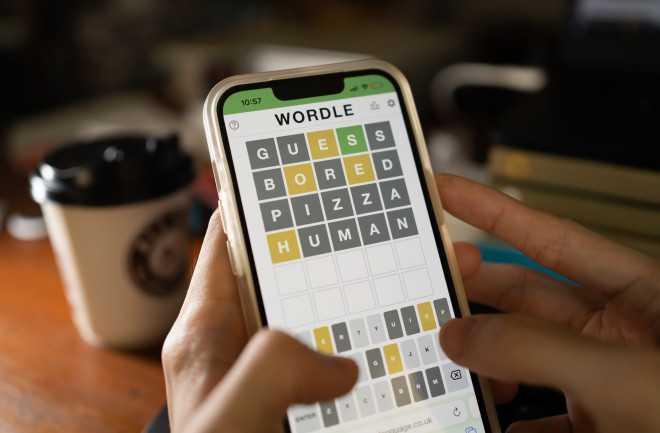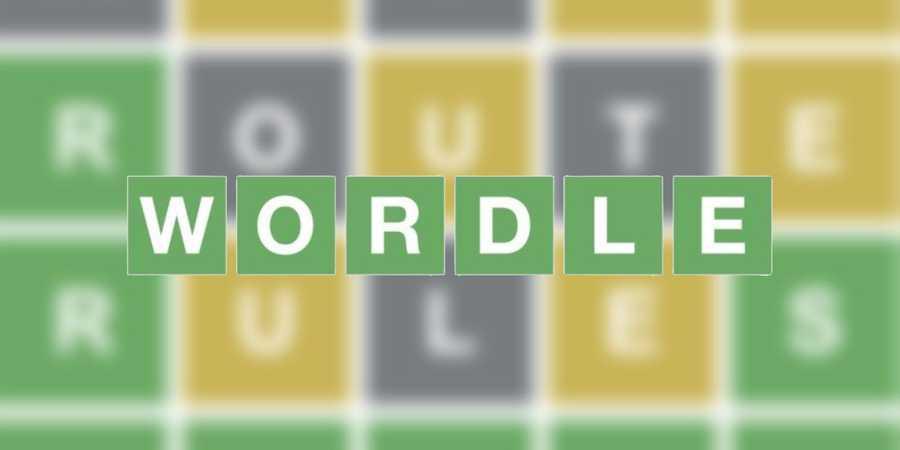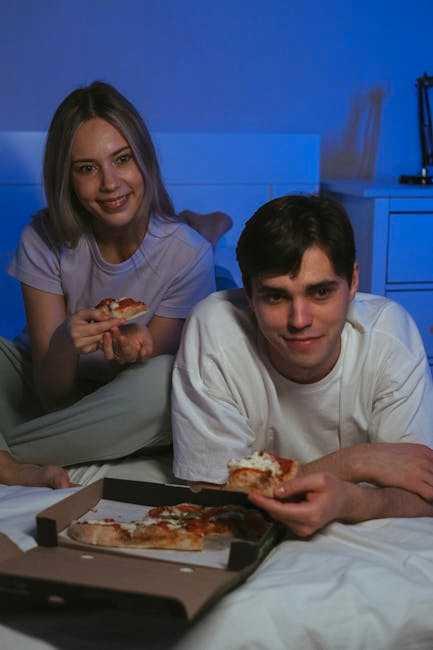Can't Stop Playing Wordle? Science Might Be Able to Explain Why
Curated from: discovermagazine.com
Ideas, facts & insights covering these topics:
6 ideas
·636 reads
5
Explore the World's Best Ideas
Join today and uncover 100+ curated journeys from 50+ topics. Unlock access to our mobile app with extensive features.
Wordle: The Game Everyone Is Playing
Wordle, the online game — a puzzle that tasks players with working out a mystery word — has quickly become a viral sensation, with around 300,000 players at the start of 2022. By late January, that number had surged to nearly 3 million. It’s been deemed a “drug” and an “obsession,” and was recently bought for at least $1 million by the New York Times. Wordle’s now-iconic grid has been used in ads for Domino’s Pizza and Guinness beer alike. It’s even inspired imitators, like the cheekily-named BRDL, which asks players to guess the correct “banding code,” or four-letter nicknames for birds.
9
155 reads
The Concept Of Wordle
The game’s concept is simple enough: Once a day, players are given six chances to guess the correct five-letter mystery word. (If you guess a letter correctly, one of the tiles in the game’s grid turns yellow; if you guess the right letter in the right place, it turns green.)
The same word appears for every player, anywhere in the world.
And much like its game design, Wordle’s appeal might seem similarly straightforward — a dependable diversion for our pandemic-addled brains, releasing a rush of dopamine each time the game’s coveted green boxes pop up.
9
147 reads
The A-Ha Moment
As we get closer and closer to the answer with each new guess, we get a little bit more confident that we’re on the right track.
Our brains are probably computing the likelihood that the next guess is right. Then, when those five green letters are revealed at the end of the puzzle — even if you didn’t guess them correctly — it gives players a boost that psychologists call a sudden influx of fluency. In other words, that satisfying ‘aha!’ moment that feels so good, and that we’re hard-wired to chase.
9
127 reads
Only One Word A Day: Creating Scarcity
Another of Wordle’s uniquely compelling aspects is that a new puzzle is only offered once a day. That helps keep the experience fresh and novel and allow players to really relish the experience.
Because you know that there’s only one [puzzle a day], maybe there’s some scarcity involved.
This may be the only fun little thing you’ll do today, so maybe people savour it.
9
127 reads
Social Comparison: Those Squares On Twitter Feeds
Those grey, green and yellow boxes populating your social media feed aren’t just visual clutter — they’re a testament to the game’s built-in shareability. Since everyone is trying to guess the same answer, Wordle has quickly become a virtual water cooler, allowing players to share scores with colleagues, friends and family members with ease. In short, it creates a common in-group identity, which helps us forge stronger bonds with others.
9
37 reads
Sharing Reality
There’s another reason that sharing our Wordle grids with others — and seeing them shared back — feels so good.
It’s a striking example of what psychologists call the shared reality theory, or our need to align our own internal, subjective experiences with the experiences of others.
We want verification that our experience is similar to the experience of those we care about.
9
43 reads
IDEAS CURATED BY
CURATOR'S NOTE
All about the viral word game.
“
Stephanie Denis's ideas are part of this journey:
Learn more about psychology with this collection
How to make rational decisions
The role of biases in decision-making
The impact of social norms on decision-making
Related collections
Similar ideas
3 ideas
Why is Wordle an online hit?
theguardian.com
10 ideas
7 ideas
Six Lessons From the Success of Wordle
onezero.medium.com
Read & Learn
20x Faster
without
deepstash
with
deepstash
with
deepstash
Personalized microlearning
—
100+ Learning Journeys
—
Access to 200,000+ ideas
—
Access to the mobile app
—
Unlimited idea saving
—
—
Unlimited history
—
—
Unlimited listening to ideas
—
—
Downloading & offline access
—
—
Supercharge your mind with one idea per day
Enter your email and spend 1 minute every day to learn something new.
I agree to receive email updates



